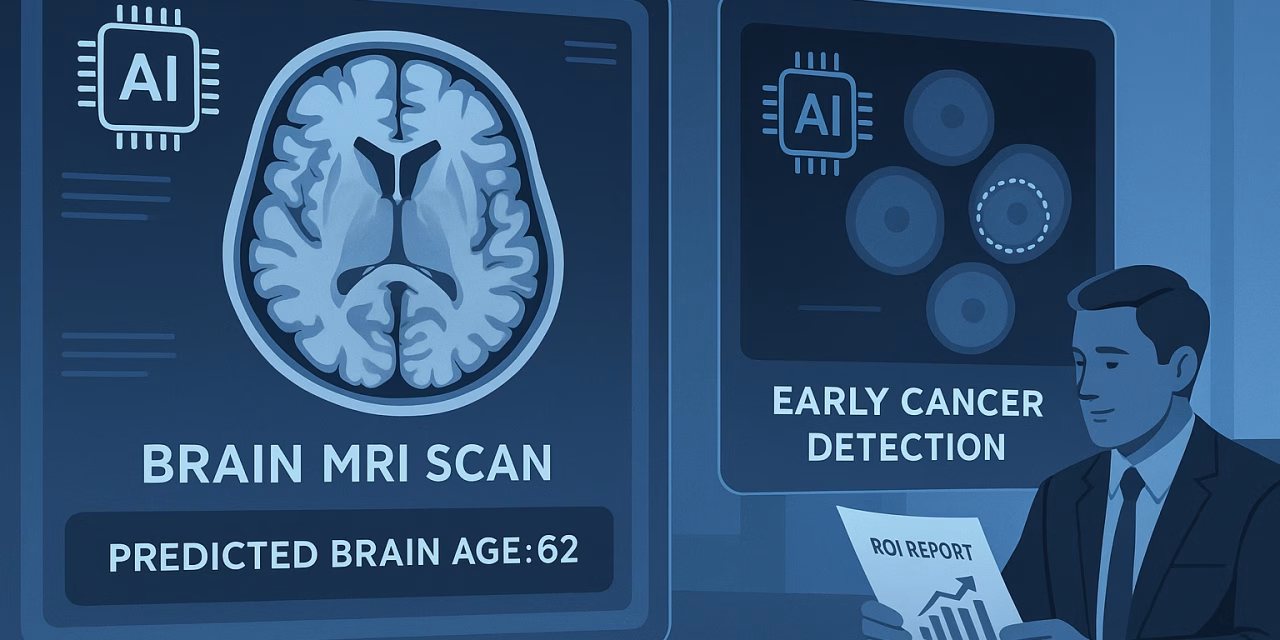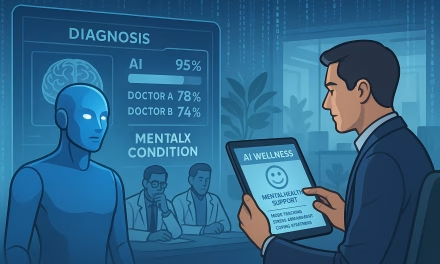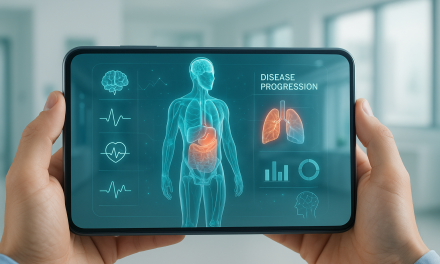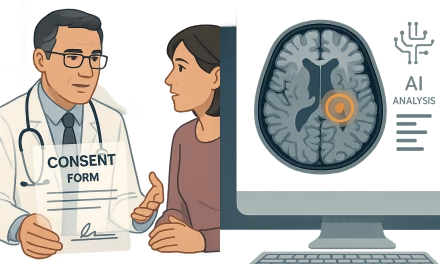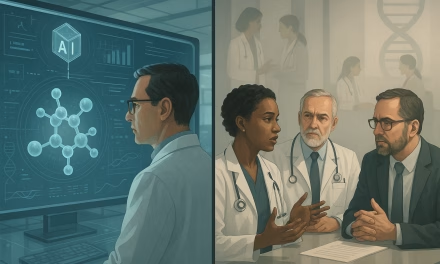July 5, 2025, marks a major leap forward in the application of Artificial Intelligence for preventive care and early disease detection, with groundbreaking advancements in AI-powered diagnostics and a growing confidence among healthcare organizations in adopting these solutions.
A new study published in Nature Communications demonstrates that AI models can accurately estimate brain age from MRI scans. This breakthrough, which allows researchers to predict deviations in brain health relative to chronological age, opens new doors in preventive brain health monitoring and could aid in the early diagnosis of neurodegenerative conditions.
In another significant development, researchers have revealed a new AI model that shows over 90% accuracy in detecting diseases like cancer during their early stages. By analyzing patient history, imaging data, and biomarkers to generate predictive diagnostics, this AI model has the potential to dramatically reduce late-stage diagnoses and improve patient outcomes.
These advancements are fueling a shift in how healthcare organizations approach AI. In 2025, there is a noticeable increase in risk tolerance for AI initiatives, with a clear focus on solutions that deliver a measurable return on investment (ROI) through increased efficiency or cost savings. This indicates a maturation of the healthcare AI market, moving from experimental phases to practical, value-driven implementations.
The developments on July 5, 2025, collectively illustrate that AI is not just augmenting existing healthcare practices but is actively revolutionizing them. The predictive power of AI is ushering in a new era of preventive care, where diseases can be identified and addressed long before they become critical. This shift towards proactive, data-driven healthcare promises to create a more sustainable and effective system for all.

